Sourdough
None of us wake up ready to be unkind, nor to create a solid slab of sourdough bread – but sometimes this happens right?
During Covid-19 my facebook feed is full of the most amazing home made sourdough bread masterpieces (mostly by novices). On the one hand I’m mighty proud of my mates for getting in the kitchen and mindfully and lovingly preparing homemade goodies and basics for their families. Long may this continue.
Personally I find cooking one of those activities that not only grounds me but also has a very tangible impact – great aromas fill the house, and usually pure yumminess results. In this period though it feels like I have to make the very best looking bread (that image you can even smell from the screen) to be a good-enough covid-companion.
The truth is probably 1 in 4 of my loaves are kinda successful and none actually warrant picturing – and why? It’s a mild dose of sourdough shame - which untapped could easily become domestic goddess shame! More pertinently for many New Zealanders just making sure their kids are warm and fed as winter begins to set in around lockdown, is far more important to attend to. Shame will hold us back. Let’s make sure we don’t begin to include shame for those parts of our behaviour in lockdown that may have been, or still are, less than ideal. Take kindness for example.
“BE KIND” – it’s become a catch phrase in NZ. I love it … and I’ve also been prompted to play with it as a concept after listening to my friend and colleague Johnella Bird’s recording.
She names kindness as “simply complex”. Kindness is not a static state to be honoured, upheld, and posted on facebook like a medal. It’s a relational quality to be extended, to be warmly embraced, and to be enacted. Sometimes it falls flat like my sourdough, but it’s a muscle to be oxygenated. If we think of it like this it gives us the freedom to fumble with it, to hesitate and wobble, to fail with it as a process, but not to fail as person - not to fall into kindness-shame.
It gives us permission then to ask – What is it about this situation that moved me away from my intention? With what tint in my eyes do I see my own actions? The tint of the critic and of shame, or that of acceptance and curiosity? How do I extend kindness to myself? How do I receive kindness offered so generously by others?
From this place I can be creative and interconnected – more free to extend kindness, more free to do what matters.

